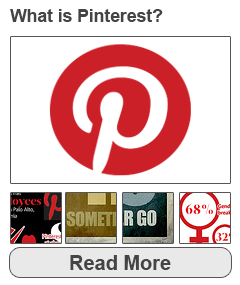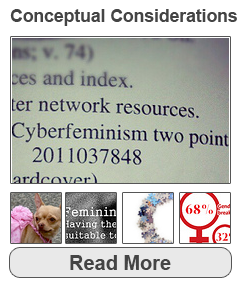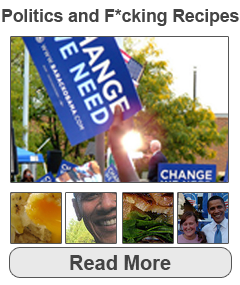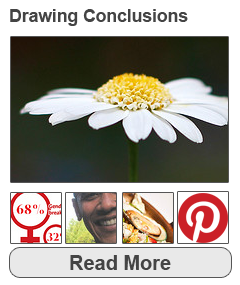Introduction
This webtext examines women's composing practices on the social media site Pinterest to explore how women engage rhetorically and politically in such online spaces. I analyze a comment thread and conversations that followed the 2012 pin of an infographic from the Obama for America campaign, situating these interactions among users as a discursive form of rhetorical and civic engagement. The users' rhetorical participation in this online space—discussing politics, women's rights, issues of site conventions, and more—illustrate how rhetoric and arguments can be constructed across online spaces, including those that have been cast as a space for sharing recipes, crafting patterns, researching diet fads, and looking at outfit ideas. The rhetorical and civic engagements that take place in these spaces can provide insights into the rhetorical activities that characterize the everyday experiences and composing practices of individuals in social media spaces.
Pinterest has generally been characterized as a women's space, and this characterization is influential on not only users' experiences of the site but also how rhetoric happens in this space. Exploring how rhetoric happens in this social media space can exemplify the everyday public rhetoric that shapes the composing practices and civic engagements of digital citizens who use Pinterest and other social media sites. Furthermore, examining rhetorical and civic engagement on Pinterest can demonstrate some of the ways that women (and/or female-identifying) digital citizens are shaping their online experiences.
This webtext has been designed to mimic the experience of using a Pinterest account (explained in detail in the What is Pinterest? section). Use the images below to navigate to different sections of the article, and once in a particular section, you can use other image links to learn more about the specific issues discussed there. Just as on Pinterest, after opening a pin, you can click anywhere outside of it to close the pop-up window.




